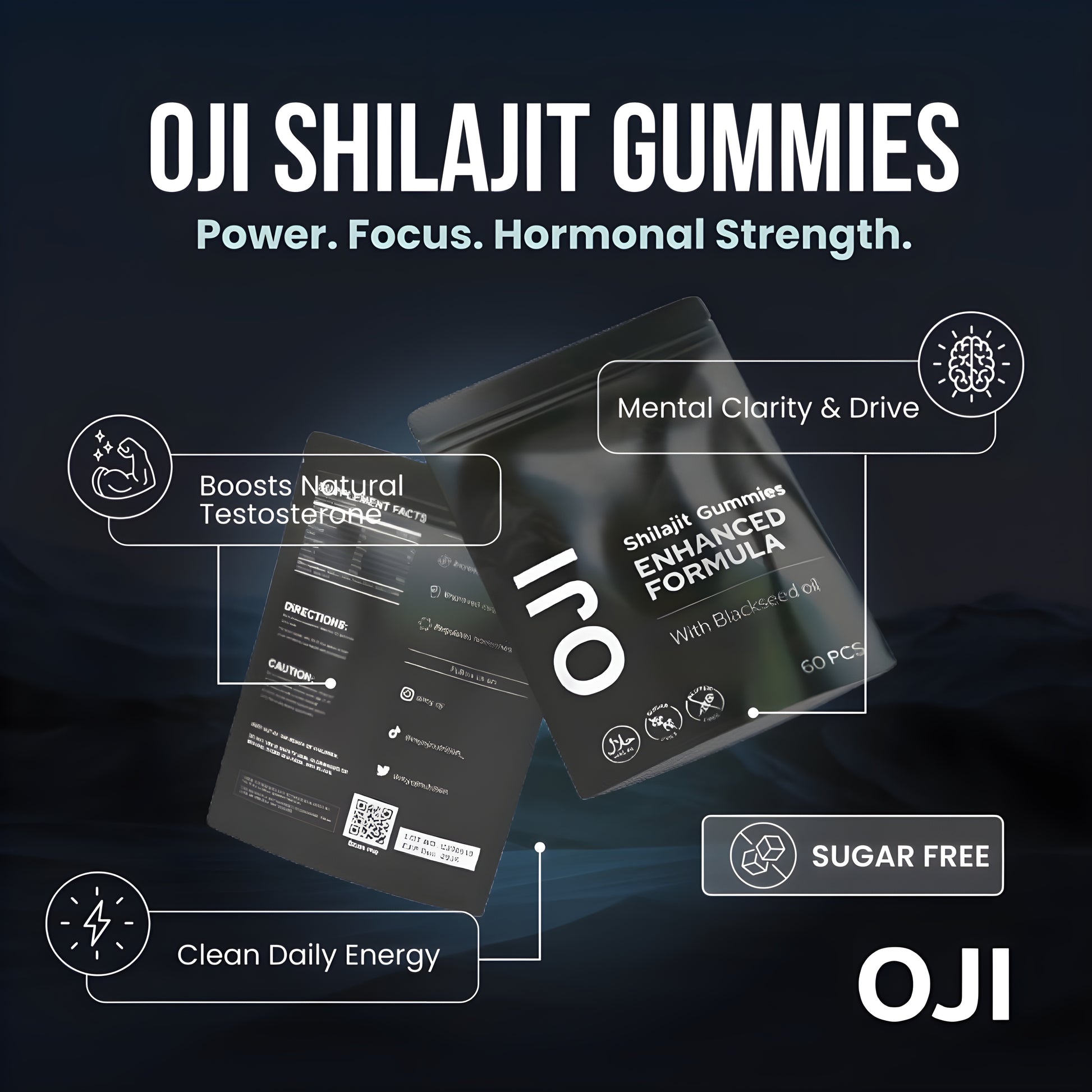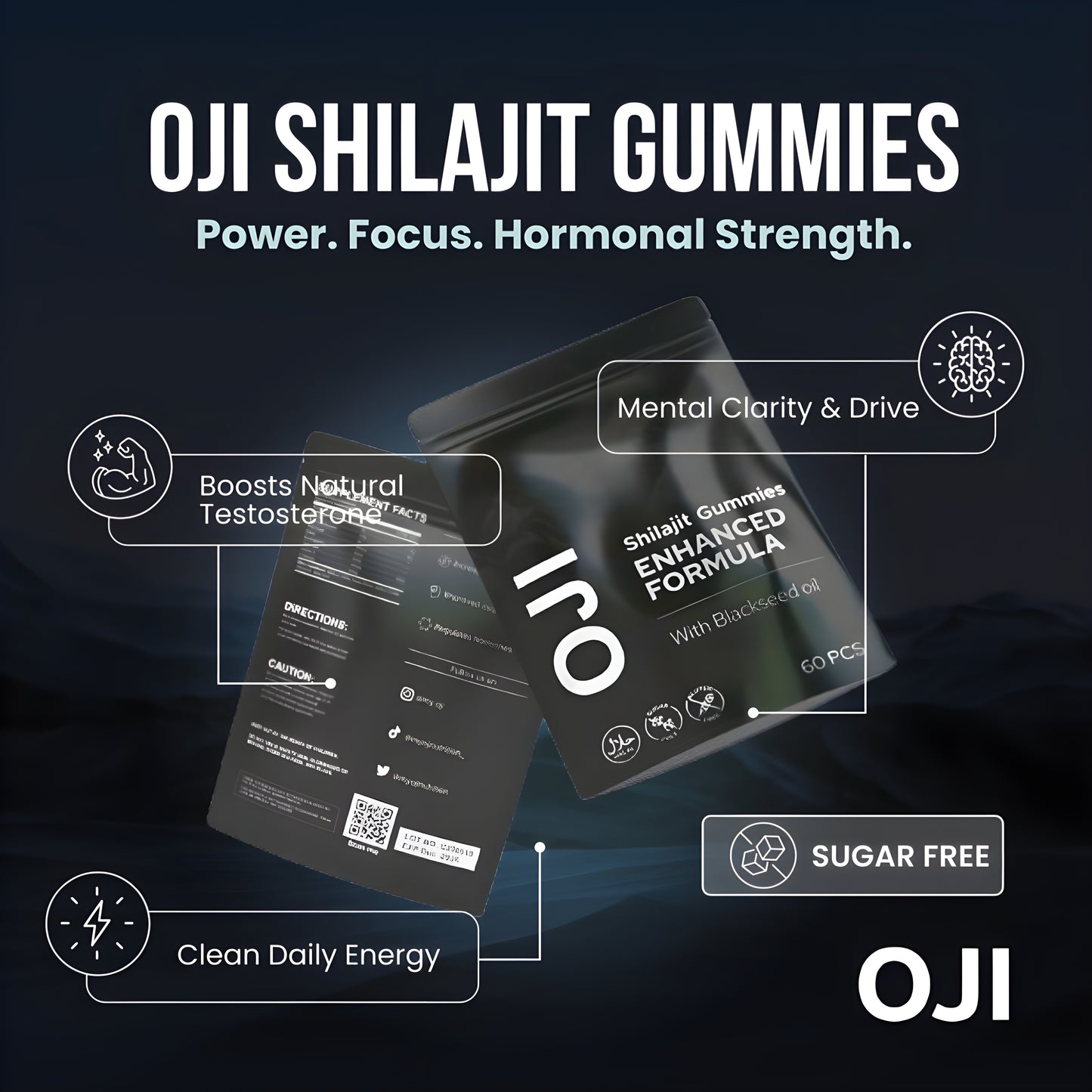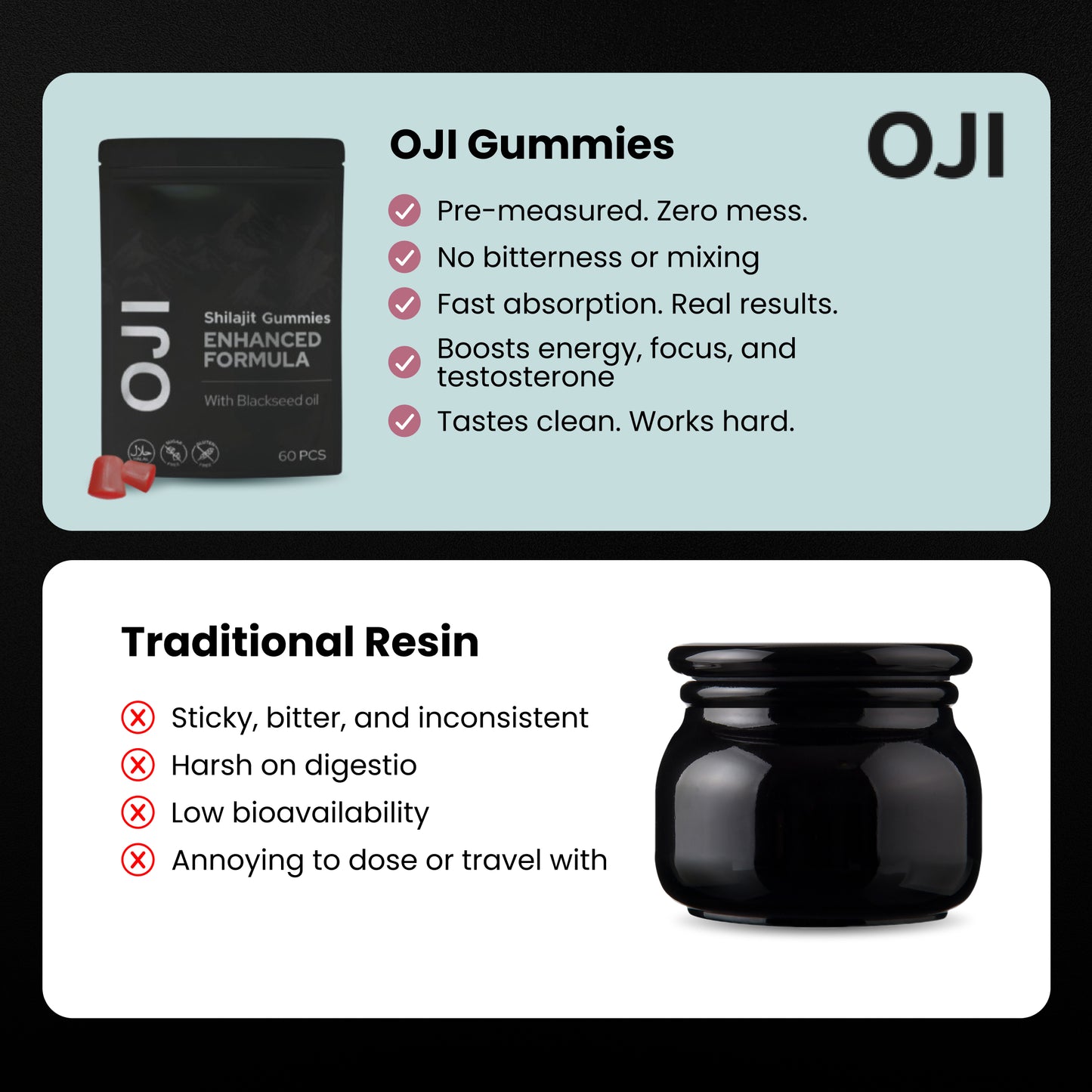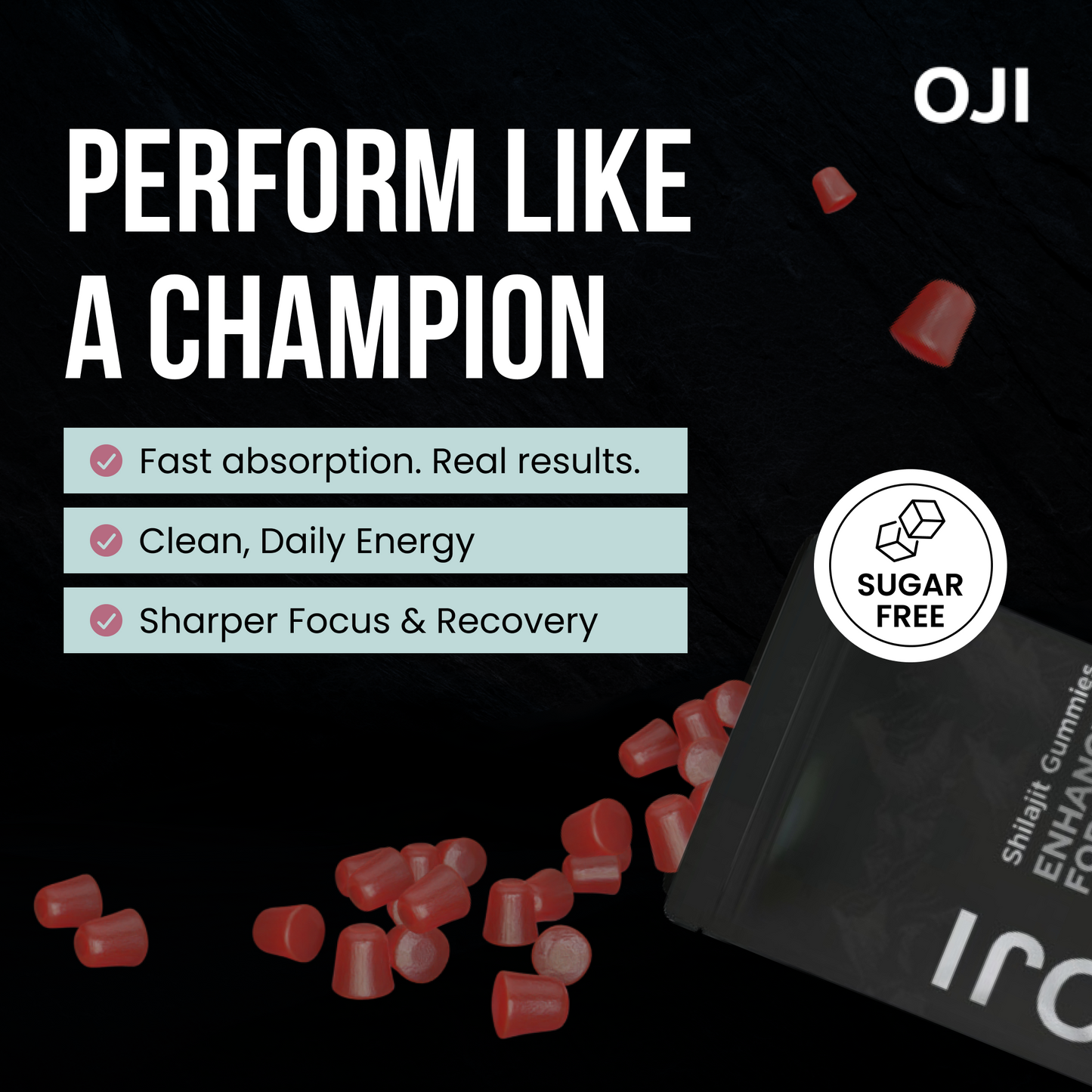If you find yourself constantly asking, "why am I always so tired and have no energy?", you’re not alone. The answer isn't usually a single, dramatic culprit. Instead, it’s often a slow leak—a combination of daily habits, hidden health factors, and even what’s happening inside your body at a cellular level. Think of it like a bank account for your energy; small, consistent withdrawals eventually leave you overdrawn.
This guide is your roadmap. We’ll walk through the real reasons behind your exhaustion and give you clear, actionable steps to start refilling your energy reserves today.
Getting to the Bottom of Persistent Fatigue
Feeling completely drained day after day is more than just an annoyance. It’s your body sending up a flare, signalling that something is out of balance.
Picture your energy as a phone battery. You know the big drains—a stressful day at work, a sleepless night. But what about all those little background apps running that you don't even notice? A lot of hidden factors can slowly chip away at your charge, leaving you in the red without you even realising why.
This constant exhaustion usually boils down to two main areas: lifestyle factors that you have direct control over, and potential health issues that might need a closer look. Figuring out which is affecting you is the first, most crucial step to getting your spark back. The goal isn't a quick caffeine hit, but building a sustainable way to manage your energy for good.
Before we dive deep, let's get a quick overview of the most common energy drains that we'll be exploring. This table summarises the key areas that could be secretly sabotaging your vitality.
Quick Guide to Common Energy Drainers
| Area of Concern | How It Drains Your Energy |
|---|---|
| Poor Sleep | Insufficient or low-quality sleep prevents your body from repairing and recharging, leaving you groggy. |
| Nutrition Gaps | A diet lacking key vitamins and minerals forces your body to work harder with less fuel. |
| Dehydration | Even mild dehydration thickens your blood, making your heart pump harder and causing fatigue. |
| Cellular Health | Inefficient energy production at a cellular level can leave you feeling drained, no matter what you do. |
This is just a starting point. Now, let’s unpack these issues one by one to give you a complete picture of what might be going on.
The Usual Suspects Draining Your Energy
So many of us underestimate how much our daily choices are linked to our energy levels. More often than not, the reason you feel tired is hiding in plain sight, right in your everyday routine.
-
Sleep Quality, Not Just Quantity: Clocking in eight hours of sleep is meaningless if it's restless and broken. If you're not hitting those deep, restorative sleep stages, you'll wake up feeling like you barely slept at all, no matter how long you were in bed.
-
The Hidden Hunger of Nutritional Gaps: Our modern diets can easily leave us short on essential minerals and vitamins. Deficiencies in things like iron or vitamin B12 are notorious for causing a deep, profound sense of fatigue and weakness that you just can't shake.
-
Dehydration's Sneaky Effect: You don't have to be trekking through a desert to be dehydrated. Even being slightly low on water can thicken your blood, which forces your heart to work harder to pump it around your body. This leads to a major energy drop long before you actually feel thirsty.
"Feeling tired can be a symptom of many different things, ranging from simple lifestyle choices to more complex medical conditions. It's crucial to listen to your body and investigate the root cause rather than just masking the symptom with caffeine."
Sometimes, the reasons run a bit deeper than your daily habits. For instance, a major factor in persistent tiredness can be conditions where your body’s tissues just aren't getting enough oxygen. A quick look into hypoxia: causes, symptoms, diagnosis, and treatment highlights just how vital this is for your energy. We'll explore these kinds of underlying issues to give you the full story.
Understanding Chronic Fatigue In The UK
Sometimes, the nagging question of "why am I always tired and have no energy?" points to something deeper than just needing an early night. For many people in the UK, this constant state of exhaustion is the first sign of a serious, long-term health condition.
This isn't about feeling a bit drained after a hectic week at work. We're talking about a profound, disabling fatigue that sleep just doesn't fix. Grasping this difference is the crucial first step toward finding the right support and realising you're facing a genuine medical challenge, not a personal failing.
When Tiredness Becomes A Chronic Illness
One of the most frequently misunderstood conditions behind this kind of severe, long-term fatigue is Myalgic Encephalomyelitis/Chronic Fatigue Syndrome (ME/CFS). It’s a complex and debilitating illness that can turn everyday life into a constant battle.
Think of your body's energy reserves as a faulty smartphone battery. It might only charge to 20% overnight, and any small activity—like a short walk or even a phone call—can drain it completely, preventing it from recharging properly. This is the daily reality for someone living with ME/CFS.
A key feature of ME/CFS is something called post-exertional malaise (PEM). This is a severe worsening of symptoms after even the slightest physical or mental effort. The ‘payback’ can be delayed by hours or even days, making it incredibly difficult to pace yourself and manage your energy.
And it’s not just about feeling tired. The exhaustion often comes with a host of other debilitating symptoms that can affect every part of your life.
- Brain Fog: A frustrating struggle with concentration, memory, and finding the right words.
- Widespread Pain: Unexplained muscle or joint pain that seems to move around the body.
- Sleep Problems: Waking up feeling completely unrefreshed, almost as if you haven't slept at all.
- Other Symptoms: You might also experience headaches, a persistent sore throat, dizziness, and find it hard to regulate your body temperature.
The infographic below does a great job of breaking down the common energy drainers, separating everyday lifestyle factors from the more serious underlying health issues.
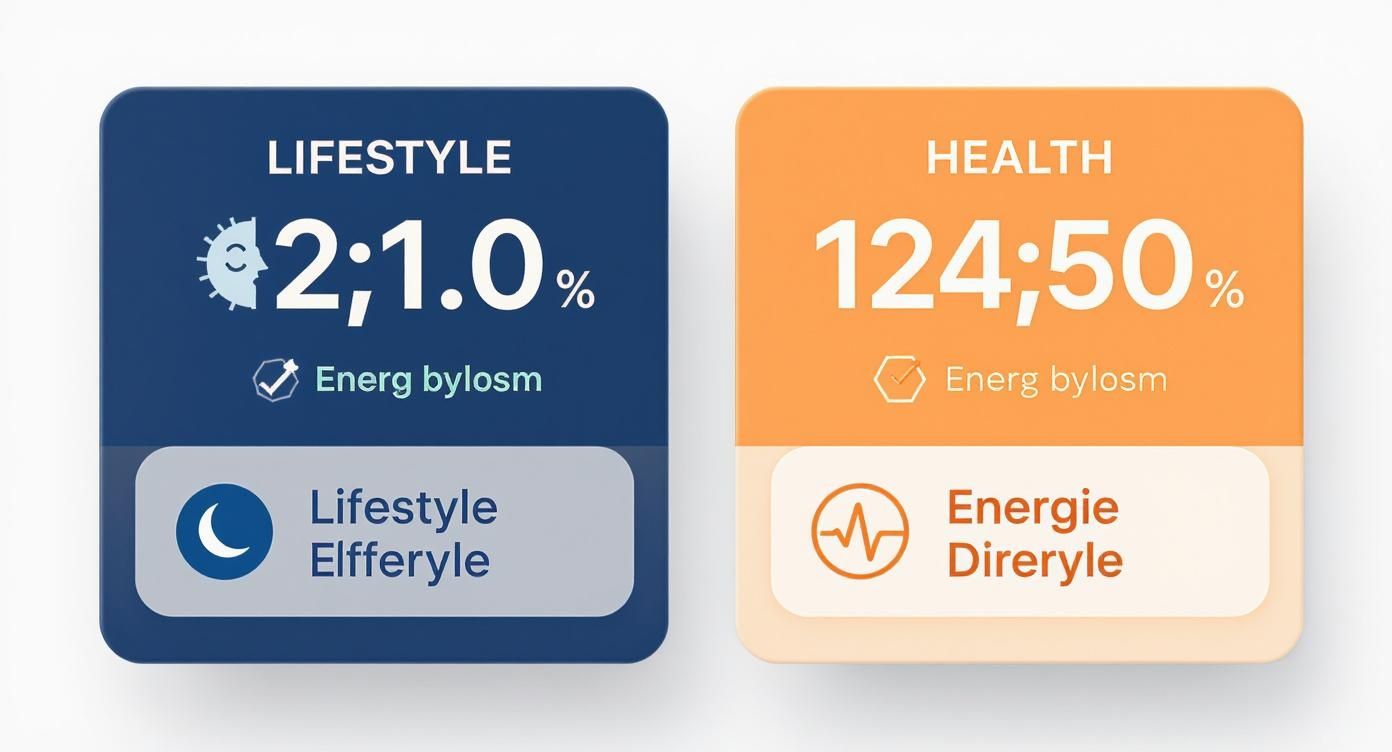
This visual helps to show that while our daily habits are important, they can't account for the profound fatigue caused by a chronic illness like ME/CFS.
The Scale Of The Problem In The UK
Chronic fatigue is a massive and growing health issue right across the country. Recent research from England has revealed that an estimated 404,000 people now have a diagnosis of ME/CFS. That’s a staggering 62% increase from what was previously thought.
The condition affects people of all genders and can last for years. The full findings really bring home the scale of ME/CFS cases in England. But getting to that diagnosis is often a long and frustrating journey, as there's no single test for it and awareness among medical professionals can be patchy.
Navigating Diagnostic Hurdles
For many, the path to getting answers from the NHS can feel like a lottery. Diagnosis rates vary hugely depending on where you live. For example, Cornwall has the highest prevalence, while some parts of London report the lowest.
This "postcode lottery" means your ability to get the right support can come down to pure chance. On top of that, there are stark inequalities in diagnosis rates by ethnicity, suggesting the condition is often under-recognised in minority communities.
If you're struggling to be heard by doctors, please know you are not alone. Understanding the challenges involved is the first step in advocating for your own health. You can learn more about practical strategies in our detailed guide on how to combat chronic fatigue. Knowing what you’re up against is the key to finding a path forward.
How Your Daily Habits Could Be Draining Your Energy
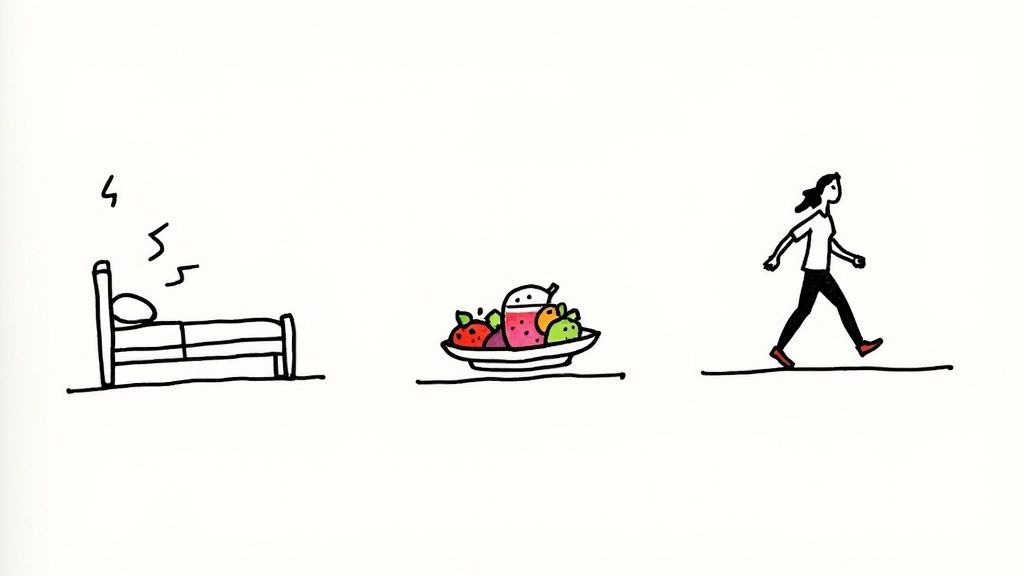
While it's easy to look for complex medical reasons for feeling exhausted, the real culprit is often much closer to home. It’s the small, repeated things we do every day that quietly chip away at our energy reserves. If you're constantly wondering "why am I so tired all the time?", the answer might be hiding in plain sight within your routine.
On their own, these habits seem harmless. But they add up. Think of it like a dripping tap—one drop is nothing, but leave it long enough and it’ll empty a bucket. By getting a handle on three core pillars—sleep, diet, and movement—you can start to patch up these energy leaks and feel a genuine shift.
The best part? These are all areas where you have direct control. Making small, consistent tweaks is often the most powerful way to build lasting energy for the long haul.
Upgrade Your Sleep from Quantity to Quality
Clocking in eight hours of sleep means very little if that time is spent tossing and turning. Real, restorative rest happens in the deep stages of sleep. This is when your body gets down to the serious business of repairing tissue, locking in memories, and properly recharging for the day ahead.
Just being unconscious isn't enough. The aim is to boost the quality of your sleep, making sure the time you spend in bed is actually doing its job. This is a massive reason why so many people wake up feeling tired even after a full night's rest.
Here are a few simple things you can do to improve your sleep quality, starting tonight:
-
Create a Wind-Down Routine: An hour before you plan to sleep, send a clear signal to your body that it’s time to slow down. Put the work emails away, read a book, do some gentle stretches, or listen to calm music. Avoid anything that gets your mind racing.
-
Manage Blue Light: The blue light from your phone, tablet, and computer is a real sleep-killer. It tricks your brain into thinking it's still daytime, which shuts down the production of melatonin, the hormone that helps you drift off. Try to put all screens away at least an hour before bed.
-
Keep Your Bedroom Cool and Dark: Your body sleeps best in a cool, dark, and quiet environment. A room temperature around 18°C is widely seen as the sweet spot for optimal rest.
Fuel Your Body to Stabilise Your Energy
The food and drink you put into your body are the fuel for its engine. It’s simple, really: if you use low-grade fuel, you can’t expect high-performance energy. The secret is to focus on nutrients that deliver steady, sustained power, not the short, sharp bursts that always end in a crash.
A diet heavy in sugar and processed foods sends your blood sugar on a wild rollercoaster, which is a one-way ticket to dramatic energy slumps. Getting those levels stable is one of the most fundamental steps to feeling consistently energised.
Making smarter food choices isn't just about dodging the mid-afternoon slump. It's about giving your body the raw materials it needs for cellular energy production—the very foundation of all vitality.
And don’t forget hydration. It’s one of the easiest things to get right, yet so many of us overlook it. Even mild dehydration makes your blood thicker, forcing your heart to work harder to pump it around. This leads to serious fatigue long before you even feel thirsty.
Common UK Nutrient Deficiencies That Cause Fatigue
Many of us in the UK are running low on a few key vitamins and minerals that are crucial for energy.
- Iron: This is essential for making the red blood cells that carry oxygen everywhere in your body. When levels are low, it can lead to iron-deficiency anaemia, and its number one symptom is profound fatigue.
- Vitamin D: Often called the "sunshine vitamin," it’s no surprise that many in the UK don't get enough, especially over winter. A deficiency is strongly linked to feeling tired and having a low mood.
Overcome the "Too Tired to Exercise" Paradox
It’s a classic catch-22. When you have no energy, the absolute last thing you feel like doing is exercising. But this creates a vicious cycle: you're too tired to move, yet a lack of movement is a major reason you feel so tired. The key is to break that cycle with gentle, energy-generating activity, not a punishing workout.
The goal here isn't to push your already-drained body to its limits. It's the opposite. You want to use gentle movement to get your circulation going, lift your mood, and send a signal to your cells that it's time to start producing a bit more energy.
Actionable Steps for Gentle Movement:
- Start with a Short Walk: Just aim for a 10-15 minute walk on your lunch break or after dinner. The fresh air and change of scenery can be just as energising as the movement itself.
- Try Gentle Stretching: A few minutes of simple stretches first thing in the morning can get your blood flowing and ease any stiffness, setting a much more positive tone for the rest of your day.
- Weave Movement into Your Day: Take the stairs instead of the lift. Get off the bus one stop early. These tiny additions really accumulate and make a big difference without ever feeling like a formal workout.
The Hidden Barriers To Getting A Diagnosis In The UK
If you’ve ever found yourself asking, "why am I always tired and have no energy?" only to feel like your concerns are brushed aside by your GP, you’re not alone. Trying to get a diagnosis for persistent fatigue in the UK can be an incredibly frustrating and demoralising journey. Many people feel trapped in a cycle of appointments that go nowhere, leaving them feeling unheard and without any real answers.
This isn't a personal failing; it’s often a sign of deeper, systemic issues within our healthcare system. Understanding what these barriers are is the first step towards advocating for yourself properly and finally getting the support you deserve.
The Postcode Lottery Of Healthcare
One of the biggest hurdles is what’s known as the "postcode lottery." Put simply, the quality and availability of care for conditions like ME/CFS can vary wildly depending on where you live. Diagnostic criteria aren't applied consistently across different NHS trusts, meaning a GP in one town might be far more informed and supportive than one just a few miles away.
This inconsistency creates huge gaps in care. While conservative estimates suggest that chronic fatigue conditions affect 2 to 4 people per 1,000 in the UK, newer research indicates the real figure could be as high as 0.6% of the population. That’s almost 404,000 people who could be diagnosed if the barriers were removed. Your chances of getting that diagnosis often come down to your location and even your ethnicity, with stark regional differences. This postcode lottery means thousands are left to suffer in silence, their symptoms dismissed. You can discover more about these prevalence limitations and their impact on ME Research UK.
Systemic Biases And Being Dismissed
Beyond pure geography, systemic biases play a huge part. For decades, conditions like ME/CFS were stigmatised, often dismissed as psychological or simply "all in your head." While thankfully this is changing, some of these outdated attitudes can linger.
This is especially true for certain demographics. Research shows that people from ethnic minority backgrounds are far less likely to receive a diagnosis compared to their white British counterparts. This points to a massive under-recognition of these conditions in minority communities, where symptoms might be misattributed or simply not investigated with the same level of urgency. Just knowing these biases exist can validate your own experience and give you the confidence to push for better care.
Navigating the healthcare system when you’re utterly exhausted is a monumental task. The key is to shift from being a passive patient to an active, informed advocate for your own health. Preparation is your greatest tool.
How To Advocate For Yourself At The GP
Feeling dismissed by a doctor is disheartening, especially when you’re already running on empty. But you can take practical steps to make your GP visits more productive and increase your chances of being truly heard. The goal is to present your case clearly, with evidence that’s hard to ignore.
Here are a few actionable steps to help you prepare for your next appointment:
-
Keep a Detailed Symptom Diary: This is the single most powerful tool you have. For at least two weeks before your visit, track your symptoms like a detective. Note your energy levels (on a scale of 1-10), what you did that day, how you felt afterwards, your sleep quality, and any other symptoms like pain or brain fog. This gives your GP concrete data, not just vague feelings of being "tired."
-
Be Specific and Concise: Instead of just saying, "I have no energy," explain its real-world impact. Try something like, "I used to be able to walk for an hour, but now I’m exhausted after just 10 minutes and need to lie down for the rest of the day." Specific examples make the severity of your fatigue tangible and real.
-
Reference Official Guidelines: Get familiar with the National Institute for Health and Care Excellence (NICE) guidelines for conditions like ME/CFS. You can calmly mention them in your appointment. Saying something like, "I've been reading the NICE guidelines on fatigue, and my symptoms seem to align with what they describe," shows you've done your research and frames your concerns within an official medical context.
Actionable Steps To Rebuild Your Energy

Knowing why you're tired is one thing, but taking decisive action is where the real change happens. If you're constantly asking "why am I always tired and have no energy?", it’s time to move past the question and start building a practical toolkit to fix the problem. This isn't just about getting an extra hour of sleep; it’s about a coordinated approach that supports your body from the inside out.
We're going to focus on two powerful areas: tackling the physiological stress that drains your battery and using natural compounds to support your body's core energy-making machinery. Think of it as a two-pronged attack. First, we stop the energy leaks. Then, we start refilling the tank at a cellular level.
Master Your Stress To Conserve Your Energy
Chronic stress is one of the biggest, sneakiest culprits behind that feeling of being permanently worn out. When your body is constantly on high alert, it floods your system with the stress hormone, cortisol. While it’s useful in a pinch, persistently high cortisol levels wreck your sleep, mess with your blood sugar, and are a direct cause of feeling utterly wiped out.
Getting a handle on this response is key. Simple, practical techniques can help dial down cortisol and shift your body from "fight or flight" mode into "rest and repair." The goal isn’t to eliminate stress – that’s impossible – but to learn how to manage your body's reaction to it.
Here are a couple of straightforward techniques you can start using today:
- Simple Breathwork: Feeling overwhelmed? Try a bit of box breathing. Breathe in for a count of four, hold for four, breathe out for four, and hold again for four. Just a few rounds can calm your entire nervous system down.
- Mindfulness Moments: You don’t need to meditate for an hour. Just take five minutes to tune into your senses. What can you see, hear, and feel right now? This simple act yanks you back to the present moment and breaks the cycle of stressful thoughts.
"Emotional exhaustion can be just as taxing as physical exhaustion. By actively managing your body's stress response, you prevent precious energy from being wasted on a constant state of 'fight or flight,' freeing it up for your daily life."
For anyone whose exhaustion feels directly tied to their job, it's also worth looking into specific strategies to beat work-related fatigue that are designed for the unique pressures of the workplace.
Support Your Cellular Powerhouses With Adaptogens
While managing stress is about preserving the energy you have, you also need to boost its production. This is where adaptogens enter the picture. These are incredible natural substances – often herbs and minerals – that help your body become more resilient and adapt to both physical and mental stressors.
Instead of the temporary, jittery lift you get from caffeine, adaptogens work with your body to build real, sustainable energy over time. And when it comes to energy, one of the most potent and respected adaptogens is Shilajit, a mineral-rich substance found high in mountain ranges.
Introducing Shilajit: A Natural Energy Catalyst
Shilajit has been a cornerstone of traditional medicine for centuries, prized for its ability to rejuvenate the body. Its power comes from its unique make-up, especially its high concentration of fulvic acid and over 85 essential trace minerals.
Picture your body’s cells as trillions of tiny engines. For these engines to run, they need a special fuel called Adenosine Triphosphate (ATP). This is where Shilajit works its magic. The fulvic acid acts like a shuttle service, helping to carry minerals and nutrients directly into your cells. This makes your mitochondria – the "powerhouses" inside your cells – much more efficient at producing ATP.
More efficient mitochondria mean more ATP. And more ATP means more genuine, usable energy for your body and mind. This fundamental process is why so many people feel a deep, lasting boost in vitality when they make it part of their routine. For more ideas, you might want to explore these 9 natural ways to boost energy, where shilajit plays a starring role.
The Modern Approach: Oji Shilajit Gummies
While traditional Shilajit resin is effective, let’s be honest – its strong, bitter taste and messy, tar-like form can be a major turn-off. Oji Shilajit gummies are the modern, convenient solution, giving you all the benefits without any of the hassle.
Each gummy provides a precise dose of high-quality Shilajit, making it incredibly easy to fit this powerful adaptogen into your day. By combining it with other supportive ingredients like Ashwagandha, they offer a complete approach to energy support that’s both effective and actually enjoyable to take.
Your Path Forward: From Tired to Energised
Finally getting to the bottom of "why am I always so tired?" isn't about finding a magic bullet. It’s a journey, not a sprint. Reclaiming your energy means shifting from just understanding the problem to taking small, consistent steps, day in and day out. It's all about making tiny, sustainable changes that slowly but surely rebuild your body's natural get-up-and-go.
The whole process is personal to you. The trick is to avoid getting overwhelmed and instead just focus on one simple, doable thing you can start today. Real change doesn't come from a massive, stressful overhaul; it starts with a single conscious choice to head in the right direction. Remember, we’re aiming for progress, not perfection.
Your Actionable Checklist For More Energy
To pull everything together, here’s a straightforward checklist of the most effective strategies we’ve talked about. Think of it as your personal roadmap back to feeling vibrant and in control. Don't try to tackle it all at once—just pick one area that feels right and start there.
-
Book That Doctor's Appointment: If your fatigue just won't go away, your very first port of call should be your GP. Ruling out underlying issues like anaemia, thyroid problems, or other chronic conditions is the crucial foundation for everything else.
-
Upgrade Your Sleep Quality: It’s about more than just hours in bed. Get into a relaxing wind-down routine, cut out screen time before sleep, and make sure your bedroom is a cool, dark sanctuary for proper, restorative rest.
-
Nail Your Nutrition and Hydration: Focus on whole foods that give you a steady, slow release of energy. You can stabilise your blood sugar by ditching processed foods and sugary snacks. And don't forget to drink enough water throughout the day—dehydration is a massive energy thief.
-
Start Moving, Gently: You have to break the "too tired to exercise" cycle. Start with gentle, energy-giving activities. A daily 10-minute walk, a few simple stretches, or some light yoga can get your circulation going and lift your mood without draining your batteries.
-
Actively Manage Your Stress: Simple things like deep breathing exercises or taking a few mindful moments can work wonders for calming your nervous system. Getting a handle on chronic stress stops cortisol from constantly raiding your energy stores, letting your body finally switch into repair mode.
Reclaiming your energy is about understanding that small, consistent inputs lead to big outputs. By choosing one simple action from this list and sticking to it, you’re taking the most important step of all—the first one.
And for a little extra support, think about how natural compounds can lend a hand. Adding a high-quality supplement like Oji Shilajit gummies can support your body's energy production right at the cellular level, giving you a foundational boost that helps all your other positive lifestyle changes stick.
Common Questions About Persistent Fatigue
When you're dealing with constant tiredness, it's natural to have a lot of questions. If you find yourself thinking "why am I always so tired and have no energy?", you're probably wondering what the next steps should be. Let's clear up some of the most common queries.
Our goal is to give you the clarity you need to move forward with confidence. Understanding these key points can help you feel more in control on your journey back to feeling your best.
How Long Should I Wait Before Seeing A Doctor?
While you can often see results from lifestyle changes within a few weeks, it's vital to speak with your GP if your fatigue feels severe or just won't go away. If your exhaustion lasts for more than a month, or if it comes with other symptoms like unexplained pain or weight loss, it's time to book an appointment.
It's always smart to rule out any underlying medical conditions first. You can start making improvements to your diet and sleep while you wait for your appointment—and keeping a detailed symptom diary will be incredibly helpful for your doctor.
Could My Mental Health Be The Cause?
Absolutely. Your mental and physical health are two sides of the same coin. Conditions like depression, anxiety, and chronic stress are incredibly draining and very often show up as a deep, physical fatigue. This isn't just "in your head"; it's a real, physiological response from your body.
These conditions can also throw your sleep and appetite out of whack, creating a vicious cycle that depletes your energy reserves even further. If you suspect your mental well-being is a factor, talking to a GP or a mental health professional is a crucial step. For many people, addressing mental health is the key to finally solving why they have no energy. A common symptom alongside this type of fatigue is brain fog; you can learn more about what causes brain fog in our related article.
Are Energy Drinks A Good Long-Term Solution?
In short, no. Energy drinks are a very poor strategy for managing long-term fatigue. That temporary boost you get from caffeine and sugar is always followed by a significant energy "crash" later on. This rollercoaster can disrupt your natural sleep-wake cycle and actually make you more tired over time.
Relying on stimulants simply masks the real reason you're tired, preventing you from addressing the root cause. A far more effective and healthier approach is to build sustainable energy through balanced nutrition, better quality sleep, and proper hydration.
Ready to support your energy at its source? The Oji Shilajit gummies provide a convenient, great-tasting way to deliver over 85 essential minerals and powerful fulvic acid directly to your cells, helping to boost your natural vitality from within. Take the next step on your path to renewed energy by visiting https://myoji.co.uk.


